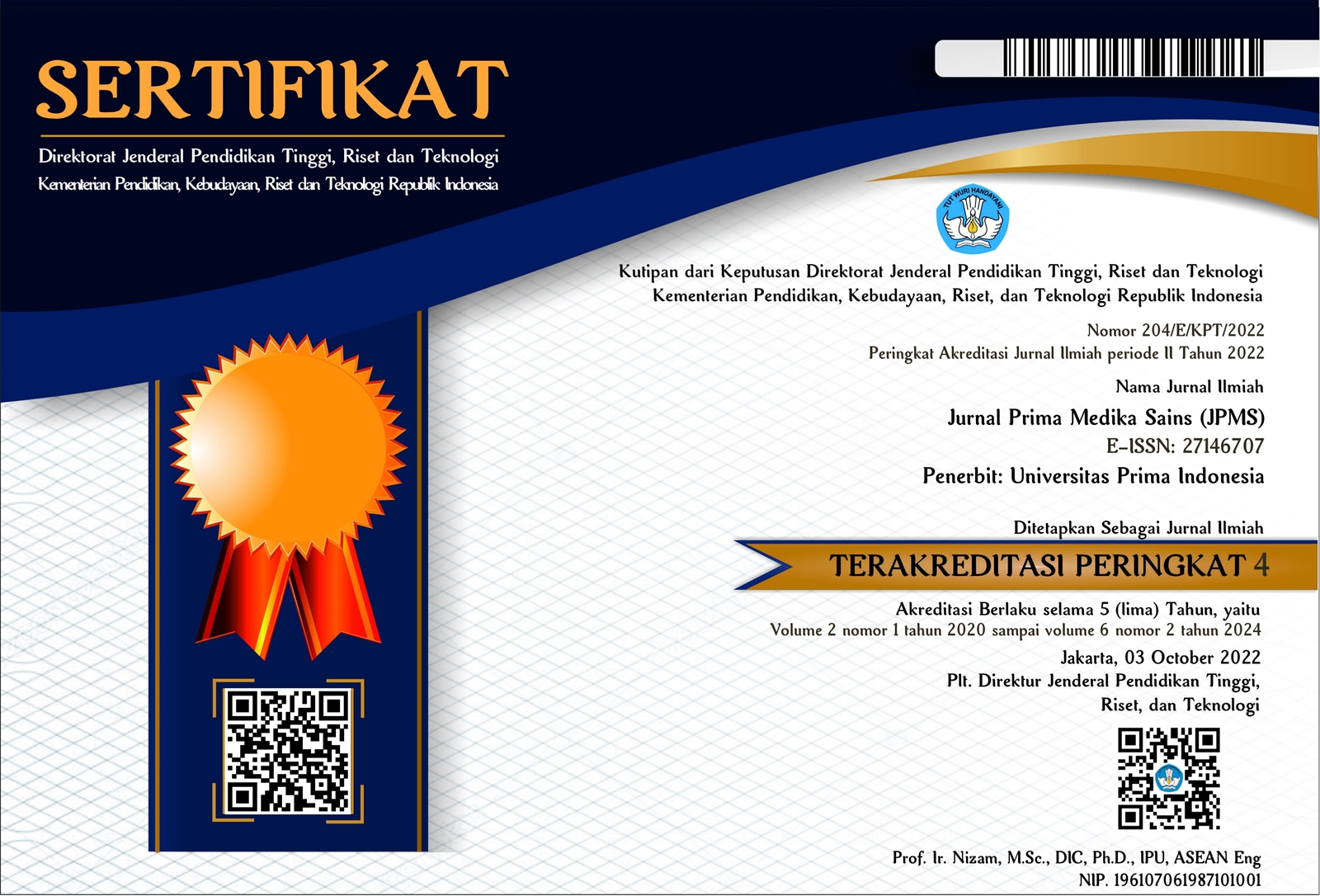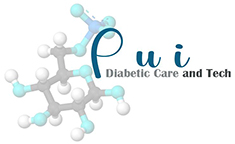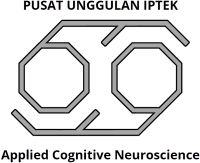Optimizing nutritional status with nutritional therapy in malnourished patient post whipple’s procedure: A case report
DOI:
https://doi.org/10.34012/jpms.v7i1.6235Keywords:
malnutrition, medical nutritional therapy, nutritional status, pancreatic cancer, Whipple procedureAbstract
The prevalence of malnutrition is considerably high among patients with pancreatic cancer and that Whipple procedure is associated with high morbidity and mortality rates. Post-Whipple procedure nutritional therapy can help to preserve nutritional status, accelerate recovery of functional capacity, and improve patient’s quality of life. A 65-year-old malnourished woman underwent Whipple procedure for adenocarcinoma of ampulla of Vater. Oral pre-operative nutrition was given in the form of normal food and oral nutritional supplement (ONS). Eight hours before surgery, the patient received ONS containing 30 g carbohydrate. The patient was given early enteral nutrition at <48 hours post-operatively and was given oral nutrition as soon as she regained consciousness. The patient experienced post-operative pancreatic fistula (POPF) grade A. Post-operative in-hospital and homecare nutritional therapy included supply of energy, macronutrients, micronutrients, and nutritional education adjusted to the patient’s clinical condition and intake tolerance. Energy intake during hospitalization attained 109% of the estimated total energy requirement that consisted of up to 1.9 g/kg/day protein. Homecare nutritional intake reached almost 2 times basal energy requirement with 2.2 g/kg/day protein intake. The patient experienced improvement of clinical symptoms, POPF, intake tolerance, glycemic control, and functional capacity. The patient was allowed to be discharged and treated in the outpatient clinic, without readmission in the next 2 months. Adequate hospital and homecare medical nutritional therapy in post-Whipple procedure may improve nutritional status and functional capacity, improve clinical outcome, and prevent readmission of patients.
Downloads
Published
How to Cite
Issue
Section
License
Copyright (c) 2025 Shiela Stefani, Diana Sunardi, Steffi Sonia

This work is licensed under a Creative Commons Attribution 4.0 International License.






